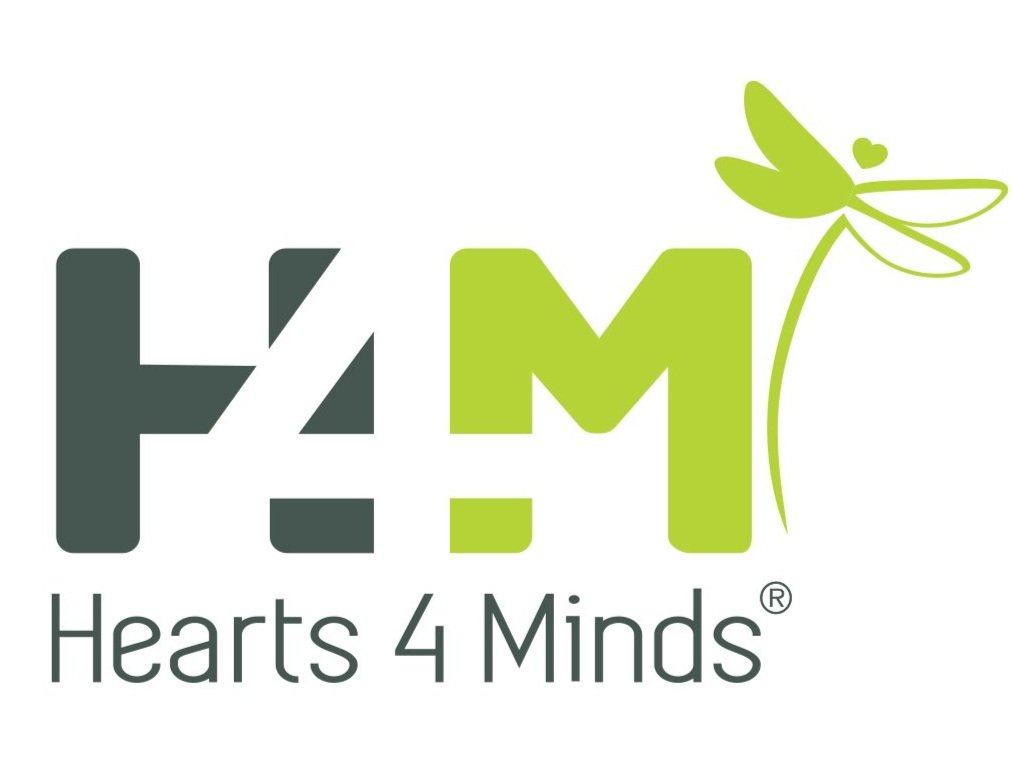Stress
What is Stress?
Stress is the body’s natural response to challenges, demands, or perceived threats. It can be triggered by everyday pressures, major life changes, or sudden events. While short-term stress can help motivate action, chronic stress can negatively impact both physical and mental health.
It is not classified as a mental disorder in the DSM-5, but it is recognized as a significant factor that can contribute to or worsen many mental health conditions.
Social anxiety disorder affects about 7% of the U.S. population in any given year.
APA: American Psychological Association [source]
SYMPTOMS AND PATTERNS
-
Stress can manifest in the body through headaches, muscle tension, fatigue, upset stomach, or changes in sleep patterns. Some people may also experience a rapid heartbeat, shortness of breath, or dizziness when stress levels are high.
-
Feelings of irritability, anxiety, sadness, or restlessness are common emotional signs of stress. Individuals may feel easily overwhelmed or struggle to relax, even during downtime.
-
Stress can impact how we think. Difficulty concentrating, racing thoughts, forgetfulness, or constant worrying may interfere with daily functioning and decision-making.
-
Changes in behavior often accompany prolonged stress. This may include overeating or loss of appetite, social withdrawal, procrastination, or increased use of alcohol, caffeine, or other substances as a way to cope.
WHAT TREATMENTS ARE AVAILABLE?
PSYCHOTHERAPY
Therapy can help individuals identify the sources of stress and develop healthier coping responses. Cognitive Behavioral Therapy (CBT) is one of the most effective approaches it helps reframe negative thought patterns, improve problem-solving, and build resilience. Mindfulness-based therapies and stress management training can also teach practical skills for staying grounded and calm during difficult situations.
RELAXATION AND STRESS-REDUCTION TECHNIQUES
Incorporating relaxation methods such as deep breathing, progressive muscle relaxation, yoga, or meditation can significantly lower physical and emotional tension. These practices help activate the body’s relaxation response, reduce cortisol levels, and improve overall mood and energy.
LIFESTYLE CHANGES
Making small, consistent changes in daily routines can have a major impact on stress levels. Regular exercise, balanced nutrition, and maintaining healthy sleep habits support both physical and emotional well-being. Setting realistic goals, maintaining boundaries, and taking breaks during the day also promote balance and prevent burnout.
SUPPORT SYSTEMS
Talking with trusted friends, family, or support groups can help relieve emotional strain and foster connection. Sharing experiences reduces feelings of isolation and provides perspective on managing life’s challenges. For some, faith-based or community organizations can also offer comfort and encouragement.
MEDICATION
SELECTIVE SEROTONIN REUPTAKE INHIBITORS (SSRIs)
SSRIs such as sertraline (Zoloft), fluoxetine (Prozac), and escitalopram (Lexapro) are commonly prescribed when stress is linked to anxiety or depression. These medications work by increasing serotonin levels in the brain, helping to stabilize mood and reduce emotional reactivity to stress.
SEROTONIN-NOREPINEPHRINE REUPTAKE INHIBITORS (SNRIs)
Medications such as venlafaxine (Effexor XR) or duloxetine (Cymbalta) may be used when stress symptoms occur alongside depression or generalized anxiety. They help regulate both serotonin and norepinephrine, which influence mood and energy levels.
BETA-BLOCKERS
For individuals experiencing intense physical symptoms of stress such as a rapid heartbeat, trembling, or sweating beta-blockers like propranolol may be prescribed. These medications help control the body’s “fight or flight” response, particularly during high-pressure situations such as presentations or performances.
BENZODIAZEPINES
These fast-acting medications, including lorazepam (Ativan) and alprazolam (Xanax), may offer short-term relief for acute stress or anxiety. However, because of their potential for dependence, they are generally used only for brief periods and under close medical supervision.
Antidepressants. In some cases, other antidepressants such as bupropion (Wellbutrin) or tricyclic antidepressants (TCAs) may be considered. These can help when stress occurs alongside depression or persistent anxiety symptoms.
SELF MANAGEMENT
Regular exercise to reduce physical tension and boost mood
Mindfulness and meditation to calm the mind
Deep breathing or progressive muscle relaxation techniques
Healthy lifestyle choices
Time management and setting healthy boundaries
Connecting with supportive people
HOW DO I GET HELP?
BECOME AN EXPERT
Learn about stress, its effects, and healthy coping strategies. Reliable sources such as the American Psychological Association (APA) and the National Institute of Mental Health (NIMH) offer evidence-based information and self-help tools. The more you understand stress, the better equipped you’ll be to manage it.
KNOW YOUR TRIGGERS AND STRESSORS
Identify what situations, environments, or thoughts increase your stress levels. Keeping a journal or using a stress tracker can help you recognize patterns and develop personalized strategies for prevention and response.
PARTNER WITH YOUR HEALTH CARE PROVIDERS
Work with your doctor, therapist, or counselor to create a stress management plan that fits your lifestyle. Be open about your challenges and goals your care team can adjust your plan as you progress and learn new coping skills.
GET HEALTHY
Physical wellness plays a big role in emotional balance. Regular exercise, nutritious eating, and good sleep hygiene help regulate stress hormones and improve mood. Activities like yoga, meditation, or outdoor walks can further promote relaxation.
AVOID DRUGS AND ALCOHOL
While substances may temporarily relieve tension, they often make stress and anxiety worse over time. They can also interfere with sleep, mood, and the effectiveness of medications or therapy. Choosing healthier coping methods leads to more lasting relief.
